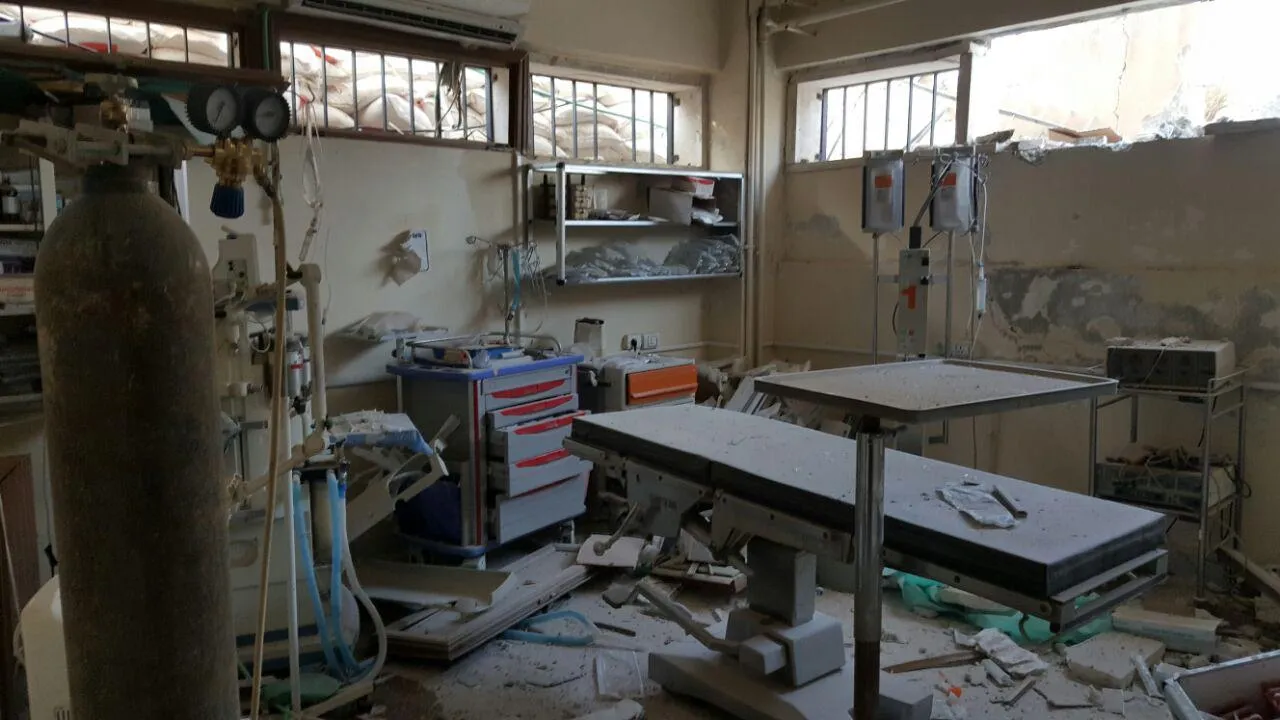Impact Case Study: Studying the lasting impact of attacks on healthcare in conflict settings

Background
Reports of attacks on healthcare facilities in conflict settings have significantly increased over the past two decades. More than a decade of conflict in Syria has led to over 700 attacks on medical centres, exacerbating the fragility of the health system and worsening the humanitarian crisis. While some databases provide important information on health resources and violence, they do not directly connect these attacks to broader health outcomes or show the public health impact in the long term.
The study
This study aimed to understand the impacts of attacks on health systems in Syria to inform health service programme planning and preparedness in conflict and post-conflict Syria. It also presented a model for monitoring public health vulnerabilities resulting from attacks on healthcare facilities in other contexts. Importantly, it sought to impact global advocacy efforts for accountability in such attacks and to safeguard respect for international law in conflict settings.
The study's success was due to close collaboration among study partners and the high quality of available data in Syria.
Findings and impact
- Strengthened global evidence for advocating for accountability for attacks on healthcare and upholding international law in conflict settings.
- Revealed the longer-term impacts of attacks, including mental health issues among health workers.
- Helped to secure funding to repair damaged water stations to address risks of waterborne diseases.
- The research has inspired further research and discussions in different conflict contexts and influenced global advocacy efforts.
Lessons learnt
- Target advocacy debates with robust data, driven by mixed methods
- Varied outputs beyond academic publications are important
Partners
Assistance Coordination Unit (ACU), Johns Hopkins University, Syrian American Medical Society (SAMS), University of California
Methodology
R2HC captures detailed case studies through a process that triangulates and validates evidence on uptake and impact. The case study methodology and full version of this summary case study including references are available on request. Outputs and resources from this study are available on the project page.